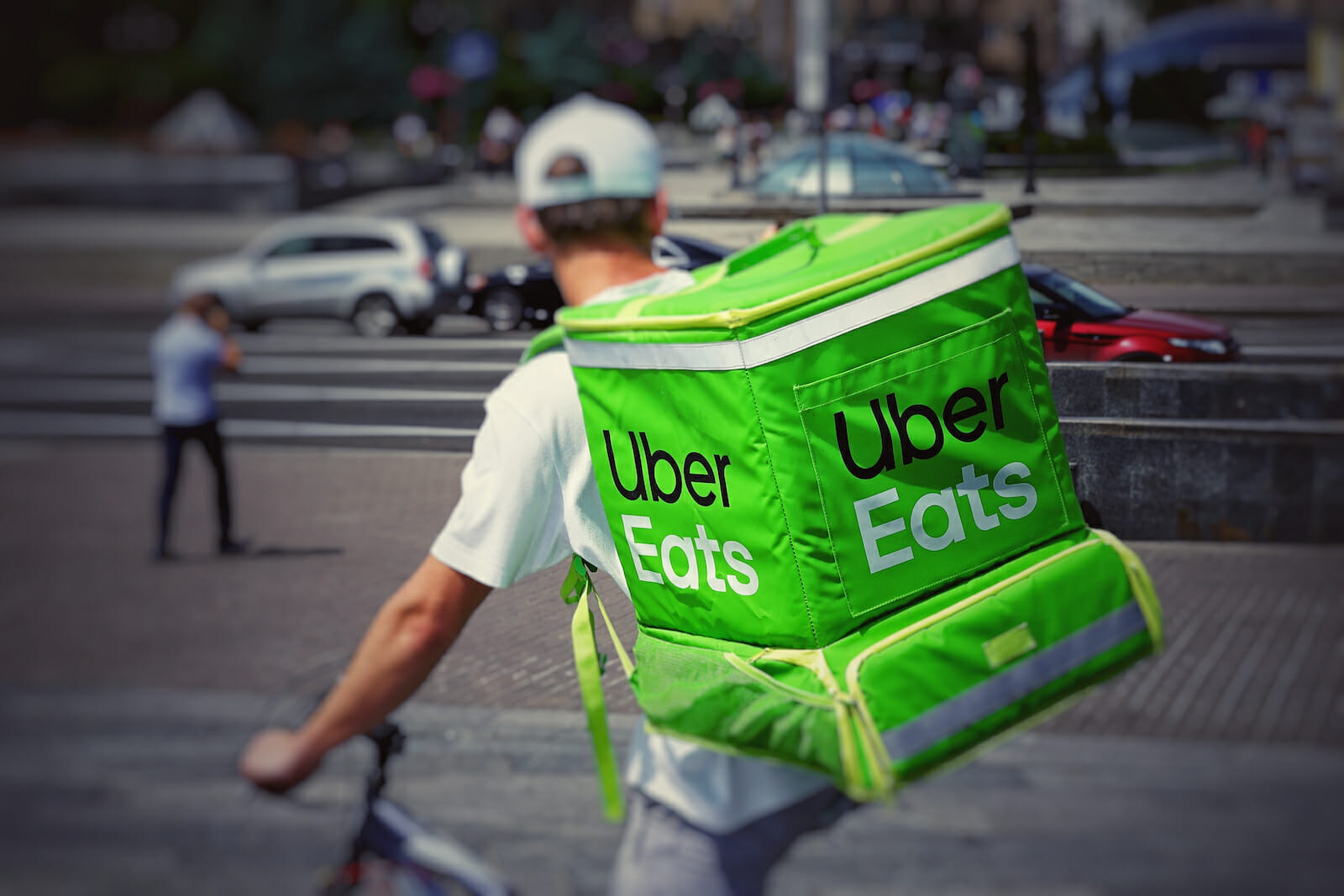
Business
Gig Worker Benefits Could Depend on Voters
Most everybody agrees that the gig economy has become a permanent part of the new normal. However, not everyone agrees that the law should classify these workers as fully-fledged employees. Some think they’re not entitled to benefits for a full slate of work.
In the U.S., states frequently function as laboratories of democracy. They also test the limits of the courts, corporate self-governance, and democracy itself. Many face pressure from labor rights groups to codify gig worker benefits into laws. It’s a fight that’s already played out and has long-term consequences for people concerned about fair wages, safe workplaces, and having basic protections in place if something should go wrong.
States as battlegrounds for workers’ rights
In early August, Massachusetts became the latest state to throw its weight behind the push for gig worker rights. Attorney General Maura Healey filed a lawsuit in July 2020 against Uber and Lyft in Massachusetts that would require them to recognize their gig workers and contractors as employees.
Uber and Lyft exemplify the gig economy in its current form for several reasons. Their drivers have long-standing grievances, with multiple strikes, protests, and lawsuits over the last few years. Companies classify these individuals as self-employed, which means they don’t qualify for certain basic workplace protections and benefits.
Gig workers are banding together in ever-larger numbers to challenge these companies on their policies regarding benefits and compensation, workplace safety, and the right to collectively organize and bargain.
What gig worker rights are being talked about? They’re things other full-time workers have long enjoyed and even taken for granted. Full-time employees have been able to count on compensation packages that include amongst other things: paid time off and paid parental leave.
The Massachusetts attorney general appears to want companies like Uber and Lyft to simply pay their drivers what their time is worth.
What’s at stake here?
Not long ago, California had its own ballot initiative to determine the fate of gig workers and benefits. Ultimately, California Proposition 22 granted specific exemptions to delivery and transportation companies, like Uber, Lyft, DoorDash, and countless others, to classify their workers as independent contractors instead of employees.
Proposition 22 became the most fiercely debated and most expensive ballot measure in the state’s history. Companies there campaigned hard in favor of it — and as a result, it passed with 59% of the vote. These companies can continue withholding basic employee benefits from people who perform the same duties as fully-fledged employees in all but the eyes of the law and corporate shareholders.
In addition to the benefits listed above, gig workers find themselves without other essential protections that usually go unnoticed until they’re needed. These include: guaranteed time-and-a-half pay for overtime hours worked and unemployment insurance.
What does this fight mean for tech, rideshare, and gig companies?
Even basic worker protections are unfriendly to corporate profits. There is pushback from the business community wherever there are efforts to raise the floor for employees or contractors.
Postmates, DoorDash, Uber, and Lyft answered the attorney general’s lawsuit by pitching a ballot initiative in Massachusetts that would likewise maintain the independent contractor label for gig workers. Like California’s Prop 22, the Massachusetts version would trade this critical distinction for other worker-friendly benefits, like health care stipends, paid sick leave, and accident insurance.
Labor groups say it’s not enough. A representative for the labor coalition and an Uber driver, Ben Griffith, called the companies’ efforts a “false choice that takes basic rights and benefits away…while pretending to offer new ones.” He continued: “The ballot language from Uber and Lyft is a $100 million ploy to avoid paying taxes, avoid paying workers fairly, and allowing Big Tech companies to buy their way out of the basic benefits and protections for workers in every other business.”
These high-profile workers’ rights struggles set a precedent for employees and companies everywhere. Gig work makes part- or full-time employment accessible to all and can make balancing work with life easier for some, but we’re beginning to see the cost.
The law recognized some 55 million individuals as gig workers in the U.S. in 2020, which amounts to 34%. This number will only rise as companies continue to embrace the contractor classification to reap the benefits of part- and full-time labor without the responsibility of treating workers as employees.
These employees aren’t only drivers, either. They provide service in various other industries, and they’re not all fledgling startups. Some of the most profitable companies in the world rely on contractors.
Google has by some accounts more gig workers than full-time employees. Apple may have as many as 65,000 independent contractors on its payroll. Microsoft has 8,600 employees classified as “other” – and a history of reprimands from the U.S. government for misclassifying their workers.
Voters can use their voices
Labor rights groups argue citizens shouldn’t have to choose between the job flexibility of the gig economy and basic employee benefits and protections. The amount of money spent so far to defeat that concept at the ballot box says a lot about who it helps and who it may not.
